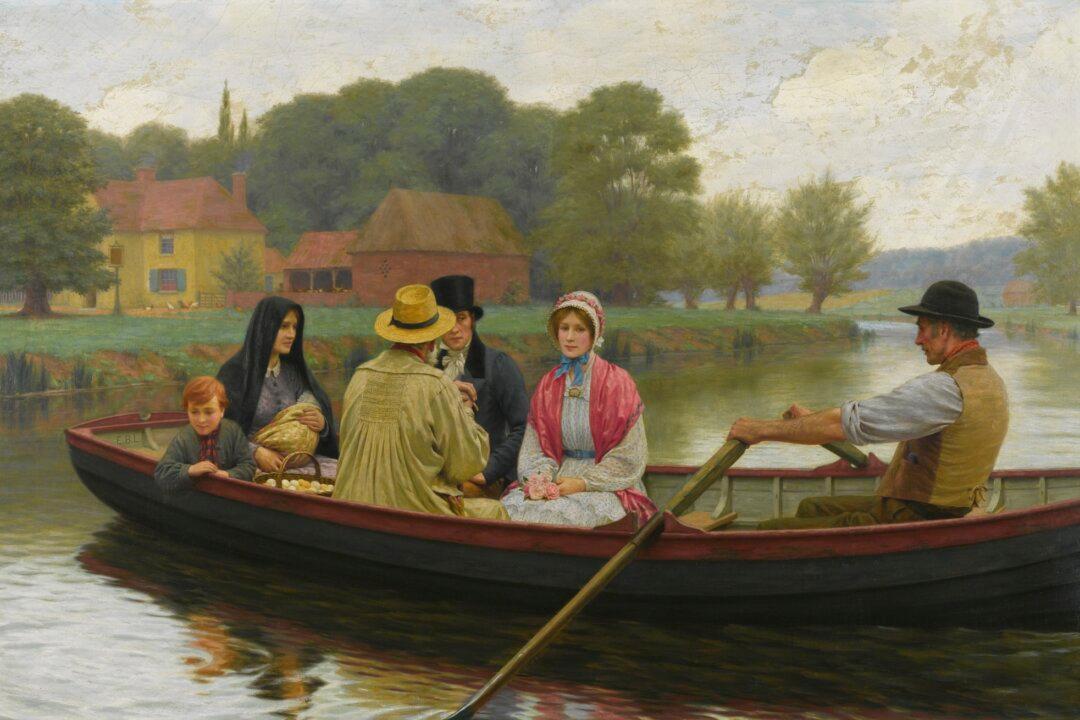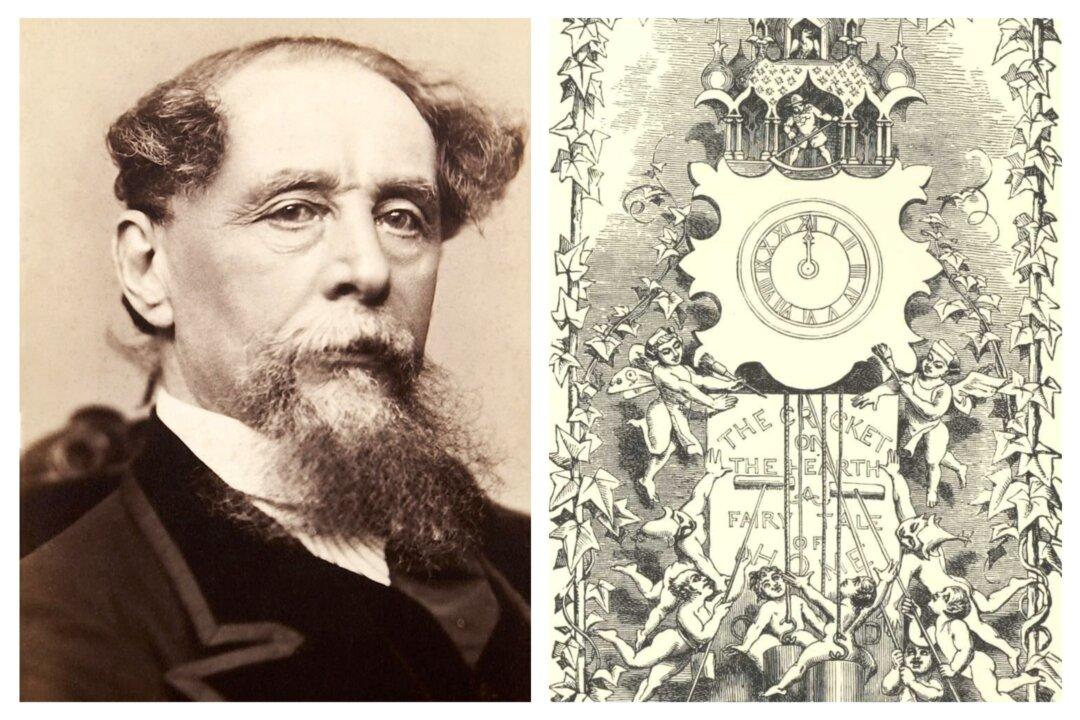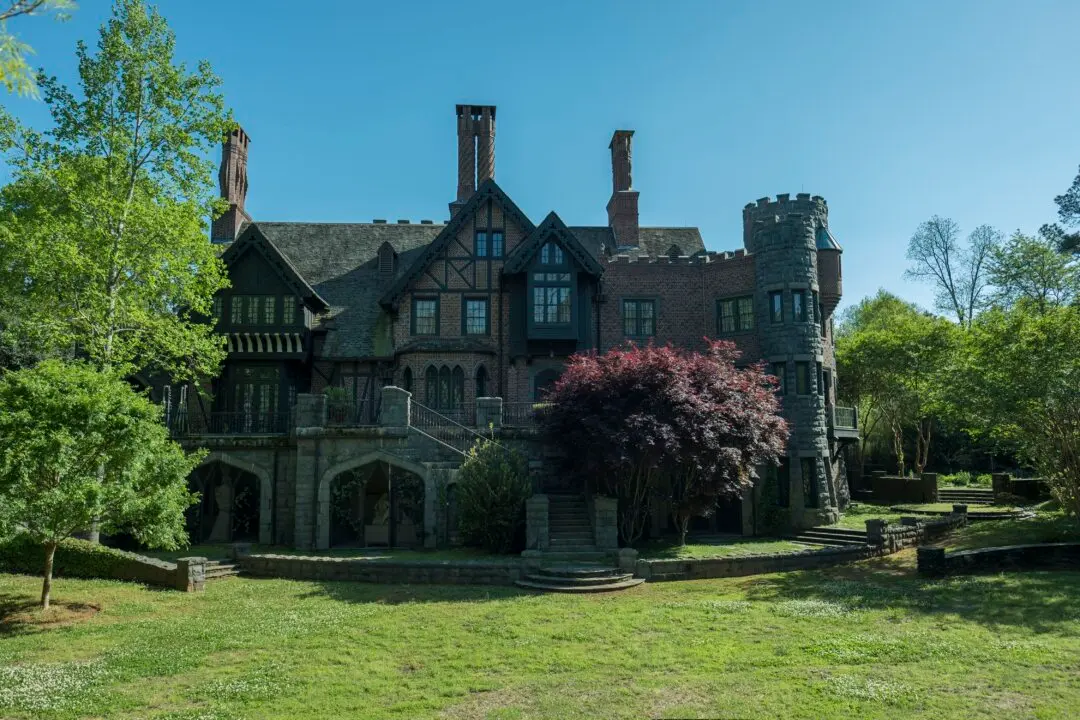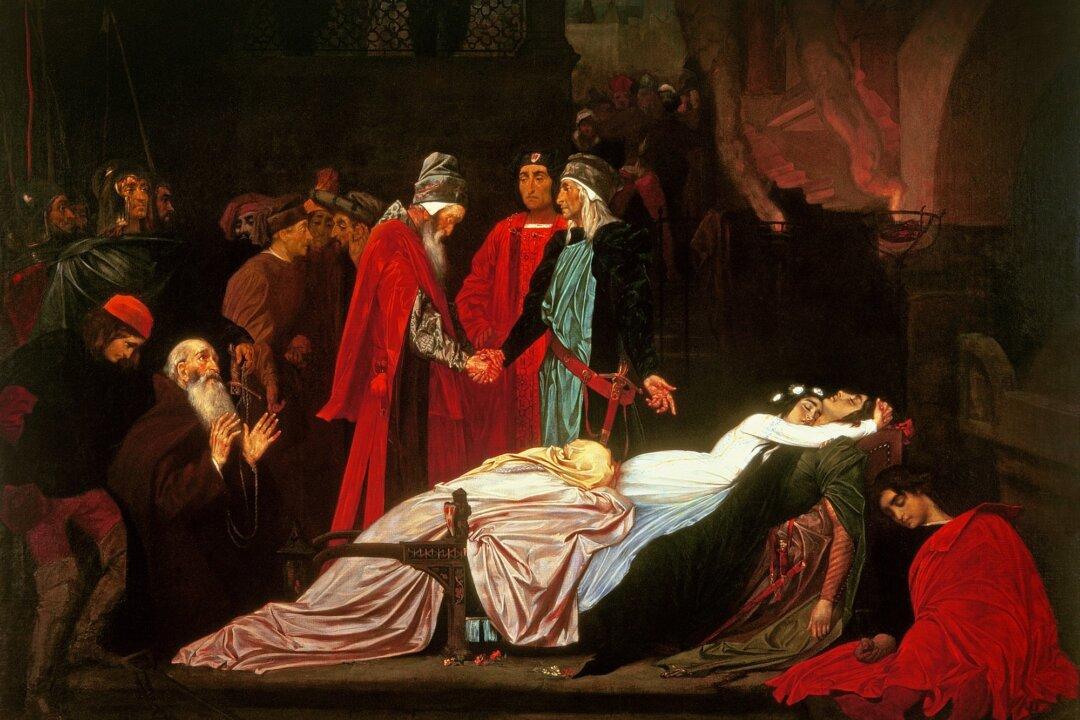Happiness may be humankind’s most mysterious desire. What, after all, is happiness? Is it fulfilled by simply meeting our needs: food, shelter, companionship, and security? Perhaps the difficulties in finding happiness lie not so much in whether these desires are fulfilled, but in whether there’s hope that they will be and in how we can best achieve this hope.
‘Bermudas’
Where the remote Bermudas ride In th’ ocean’s bosom unespy’d, From a small boat, that row’d along, The list’ning winds receiv’d this song.
What should we do but sing his praise That led us through the wat’ry mazeUnto an isle so long unknown, And yet far kinder than our own? Where he the huge sea-monsters wracks, That lift the deep upon their backs, He lands us on a grassy stage, Safe from the storm’s and prelates’ rage. He gave us this eternal spring Which here enamels everything, And sends the fowls to us in care, On daily visits through the air. He hangs in shades the orange bright, Like golden lamps in a green night; And does in the pomegranates close Jewels more rich than Ormus shows. He makes the figs our mouths to meet And throws the melons at our feet, But apples plants of such a price, No tree could ever bear them twice. With cedars, chosen by his hand, From Lebanon, he stores the land, And makes the hollow seas that roar Proclaim the ambergris on shore. He cast (of which we rather boast) The Gospel’s pearl upon our coast, And in these rocks for us did frame A temple, where to sound his name. Oh let our voice his praise exalt, Till it arrive at heaven’s vault; Which thence (perhaps) rebounding, may Echo beyond the Mexic Bay.
Thus sung they in the English boat An holy and a cheerful note, And all the way, to guide their chime, With falling oars they kept the time.





